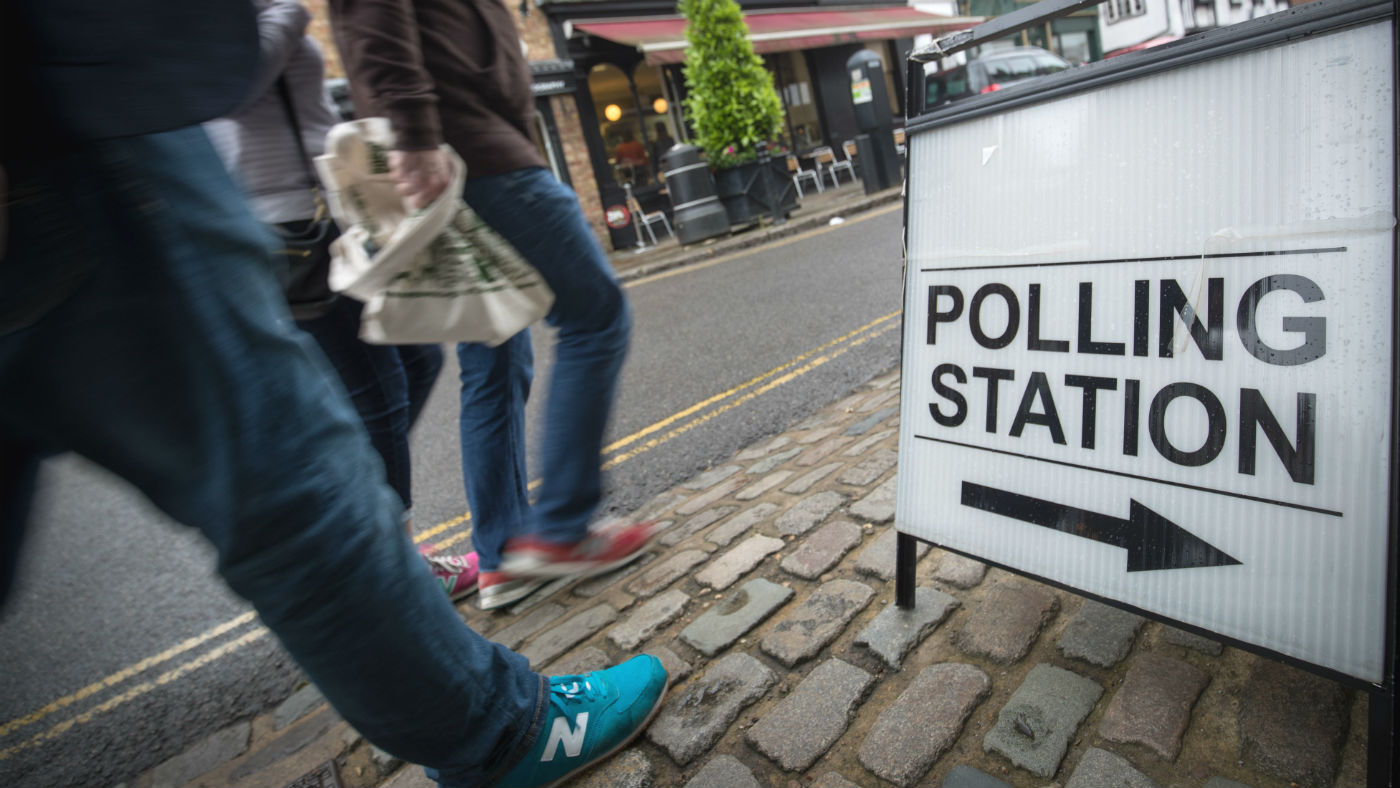Local elections 2018: five things we learnt from the results
Mixed fortunes for all parties suggest a deeply divided nation

A free daily email with the biggest news stories of the day – and the best features from TheWeek.com
You are now subscribed
Your newsletter sign-up was successful
The biggest electoral test in the UK since last year’s general election has heralded mixed results for the main parties.
Although Labour made some gains in England’s local elections yesterday, “hopes of taking control of some key target councils, notably in London, were dashed”, says The Guardian.
With the results suggesting a deeply divided nation at the ballot box, analysts say that neither of the two main parties can be pleased with their showing as an indication of their chances of securing an overall parliamentary majority at the next general election.
The Week
Escape your echo chamber. Get the facts behind the news, plus analysis from multiple perspectives.

Sign up for The Week's Free Newsletters
From our morning news briefing to a weekly Good News Newsletter, get the best of The Week delivered directly to your inbox.
From our morning news briefing to a weekly Good News Newsletter, get the best of The Week delivered directly to your inbox.
Here are five key takeaways from England’s local elections:
Love, Labour’s lost
The nation’s favourite elections guru, John Curtice, summed it up on BBC Radio 4’s Today programme: “There isn’t really much for the Labour Party to celebrate this morning.”
Much of the inevitable disappointment is down to expectation management. “Labour allowed the story to run that it expected to win the Tory strongholds of Wandsworth, Westminster and Barnet,” says The Times’s Philip Collins.
A free daily email with the biggest news stories of the day – and the best features from TheWeek.com
“In the event, it won none of them, and a good night in London for Labour - with a strong performance overall - is being reported as a poor night”, he continues.
Labour also failed to achieve the 1.6% swing required to win Barnet, home to a sizeable Jewish community, apparently “because of voter concerns about anti-Semitism on the fringes of the party”, says The Guardian’s Dan Sabbragh.
May the fourth be with her - at least for now
Relief is the order of the day for Theresa May, as the Conservatives won control of Peterborough and Basildon, and held on to several shaky seats including Swindon.
Early results indicated that the Tories’ vote share outside of London is up by 1% compared with the 2014 local elections, offsetting a swing away from the party in the capital.
“Given where things stood at the start of the year - and given Theresa May has been having yet another disastrous week - the Prime Minister will feel reasonably happy with that,” says Politico’s Jack Blanchard.
“Certainly, it could have been an awful lot worse.”
Strong and Cable
“Much to everyone’s surprise, the winner of the local elections is... Vince Cable,” says the New Statesman’s Stephen Bush.
The Lib Dems did well in Sunderland, ran Labour close in Hull, won back Richmond, and held on to Sutton, Eastleigh and Cheltenham.
“Of course, local elections are easier for the Liberal Democrats than general elections,” adds Bush, “as the biggest reason people cite for not voting Liberal Democrat - a fear that their vote will be wasted - just isn’t as big of a worry in a local election as a general one.”
UKIP's vote leaves
The anti-EU party has so far haemorrhaged 91 seats and won only two, with more losses expected.
The Tories “appear to have been the main beneficiaries of the collapse of the UKIP vote, taking Basildon in Essex, for example, which was previously under no overall control”, says The Times’s Lucy Fisher. The split of former UKIP voters looks similar in many parts of the country to last year’s general election result, with two-thirds plumping for the Conservatives, and the remainder for Labour.
Appearing on the Today programme this morning, the party’s chairman, Paul Oakley, defended his party by comparing it favourably to the Black Death. Obviously.
A tale of two countries
The reality that both Jeremy Corbyn and May will be grappling with now is that “it is not clear on this showing what the path for a workable parliamentary majority for either of them is”, says the New Statesman’s Bush.
Jonathan Carr-West, the chief executive of the Local Government Information Unit think tank, said: “We seem to be seeing an entrenchment of the status quo; a divided Britain in which big cities vote Labour and everywhere else votes Conservative.”
“These are strange times and the politics of the nation reflects them,” adds Times columnist Collins. “In fact, ‘no overall control’ is a good description.”